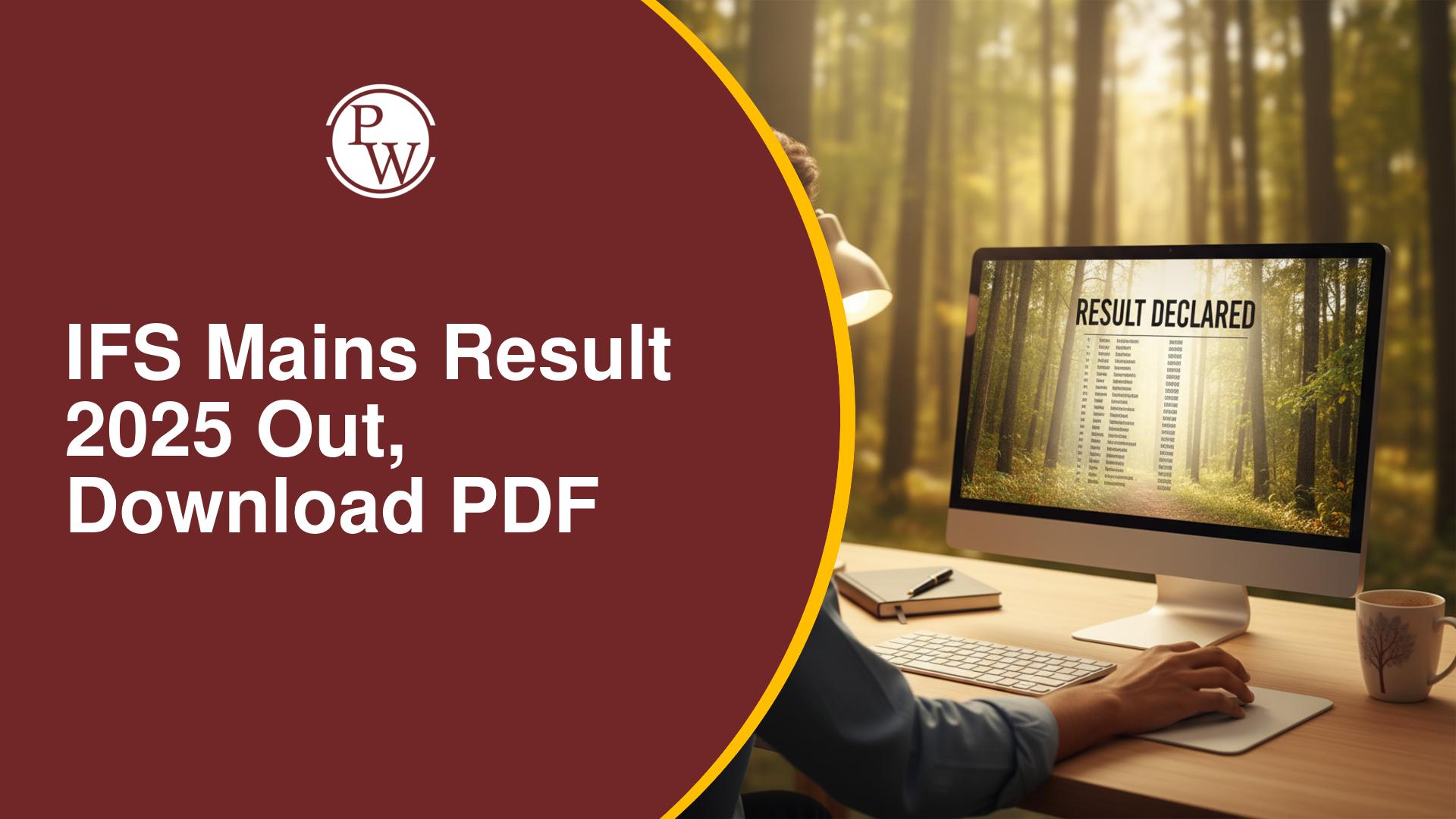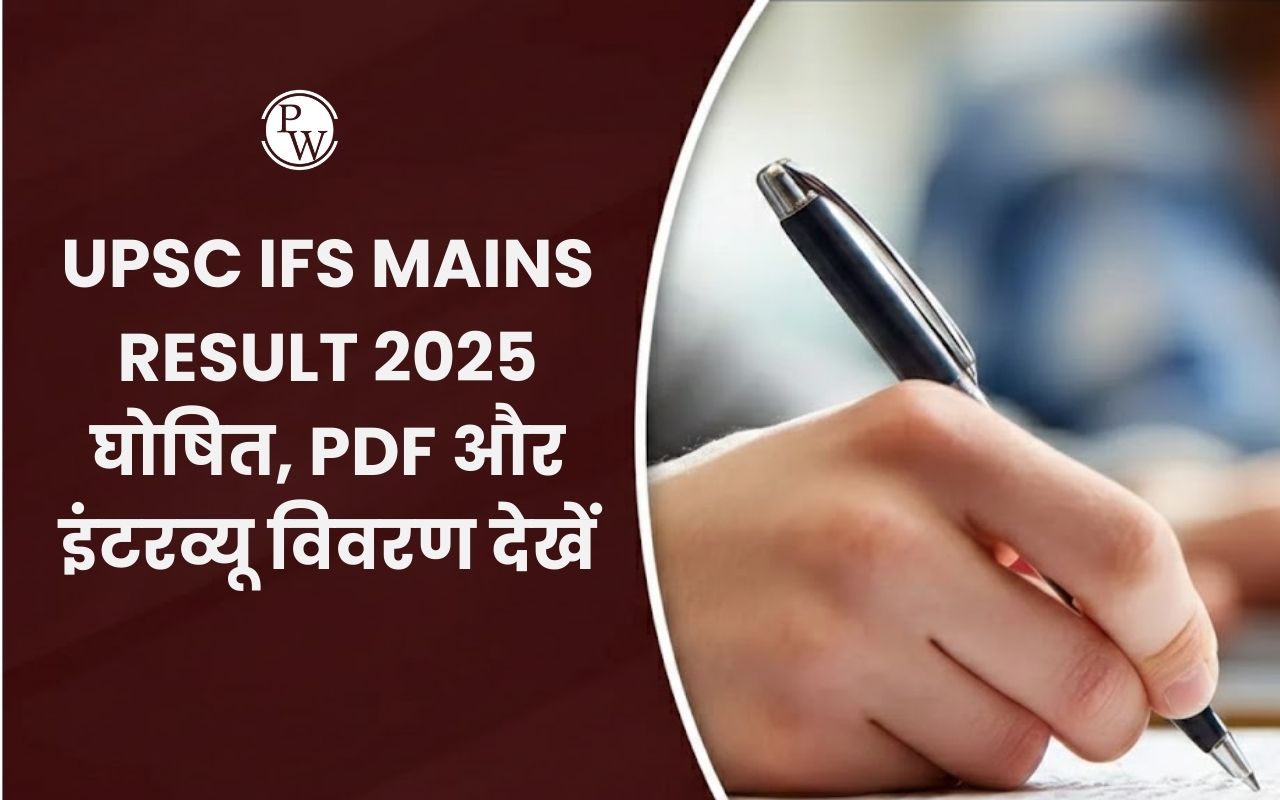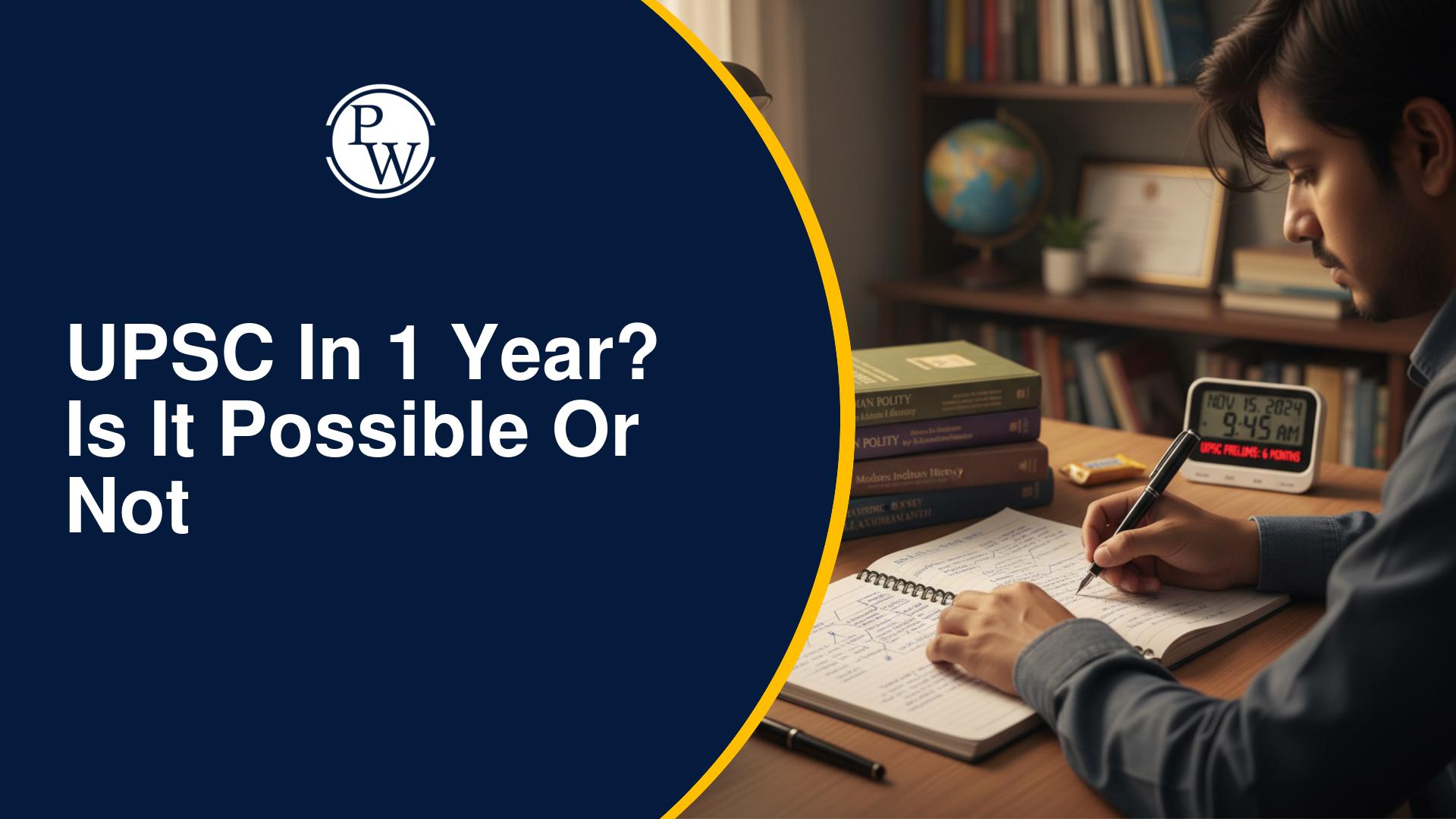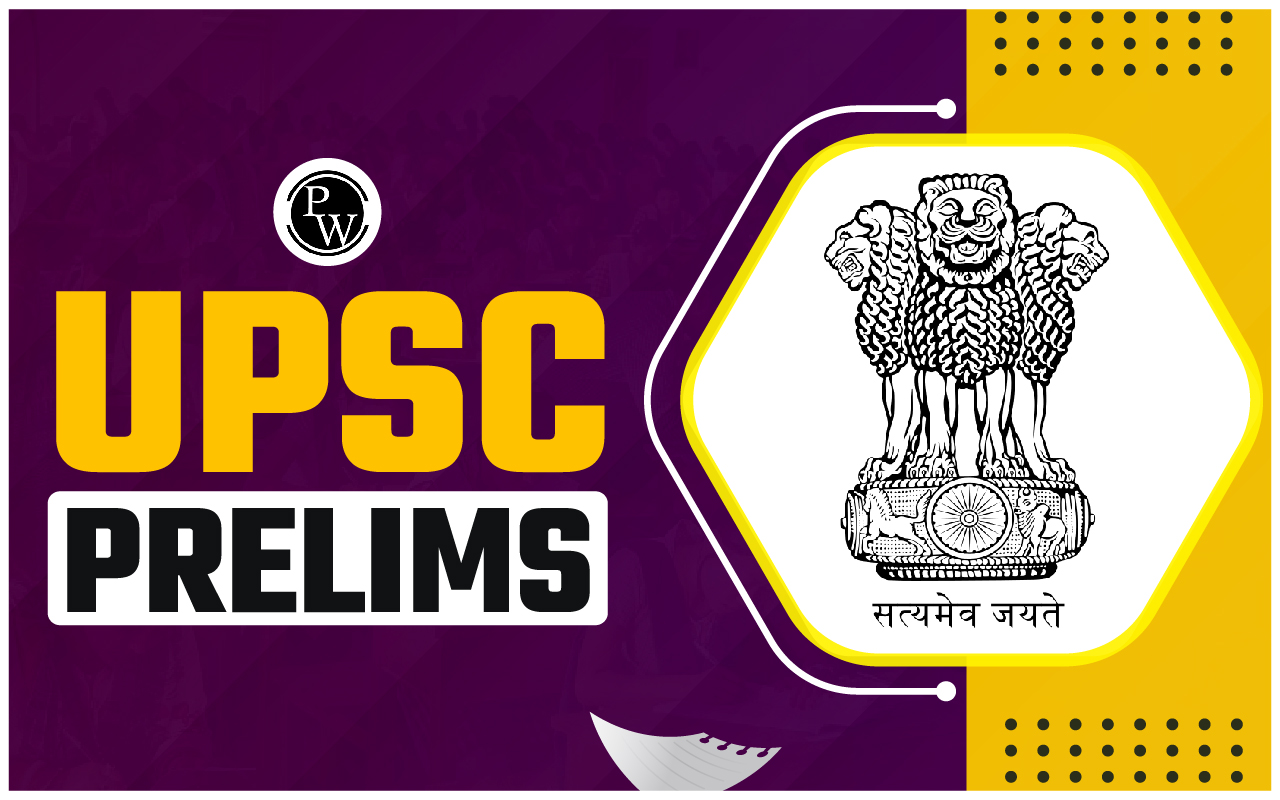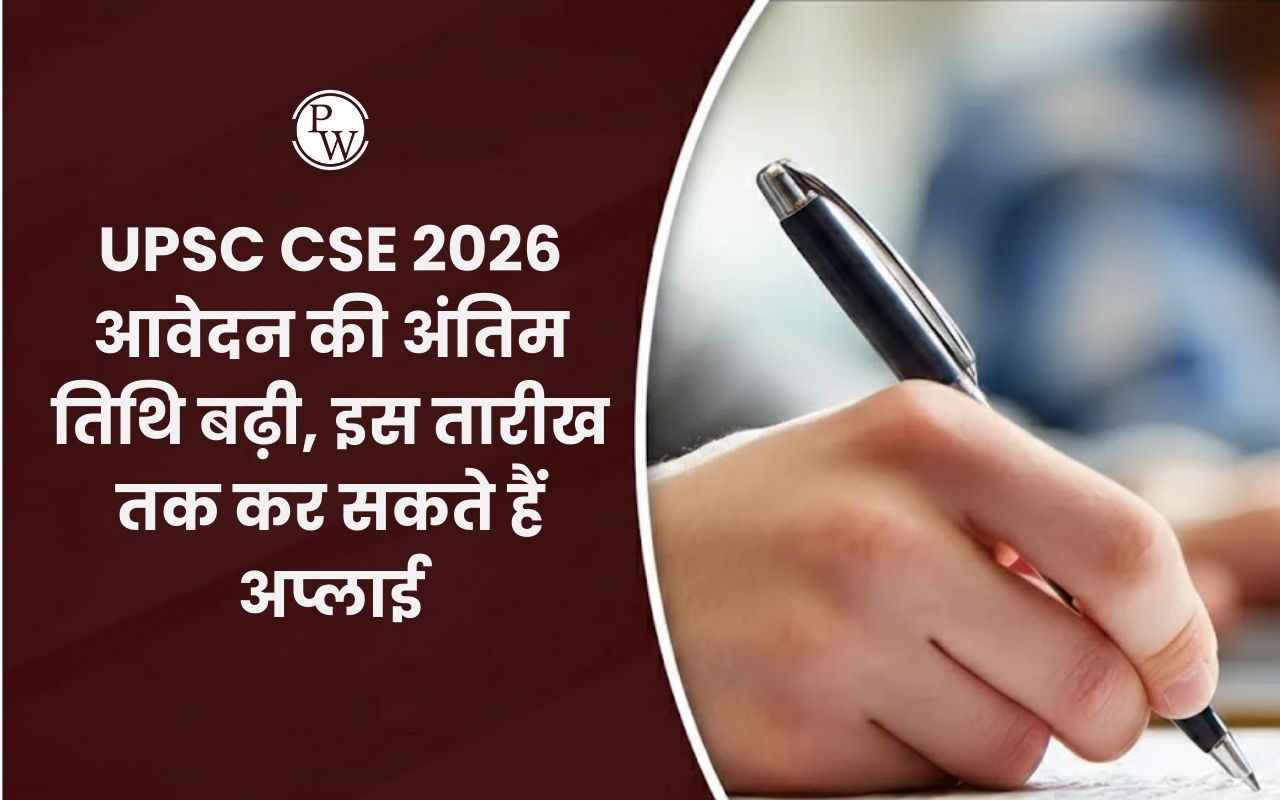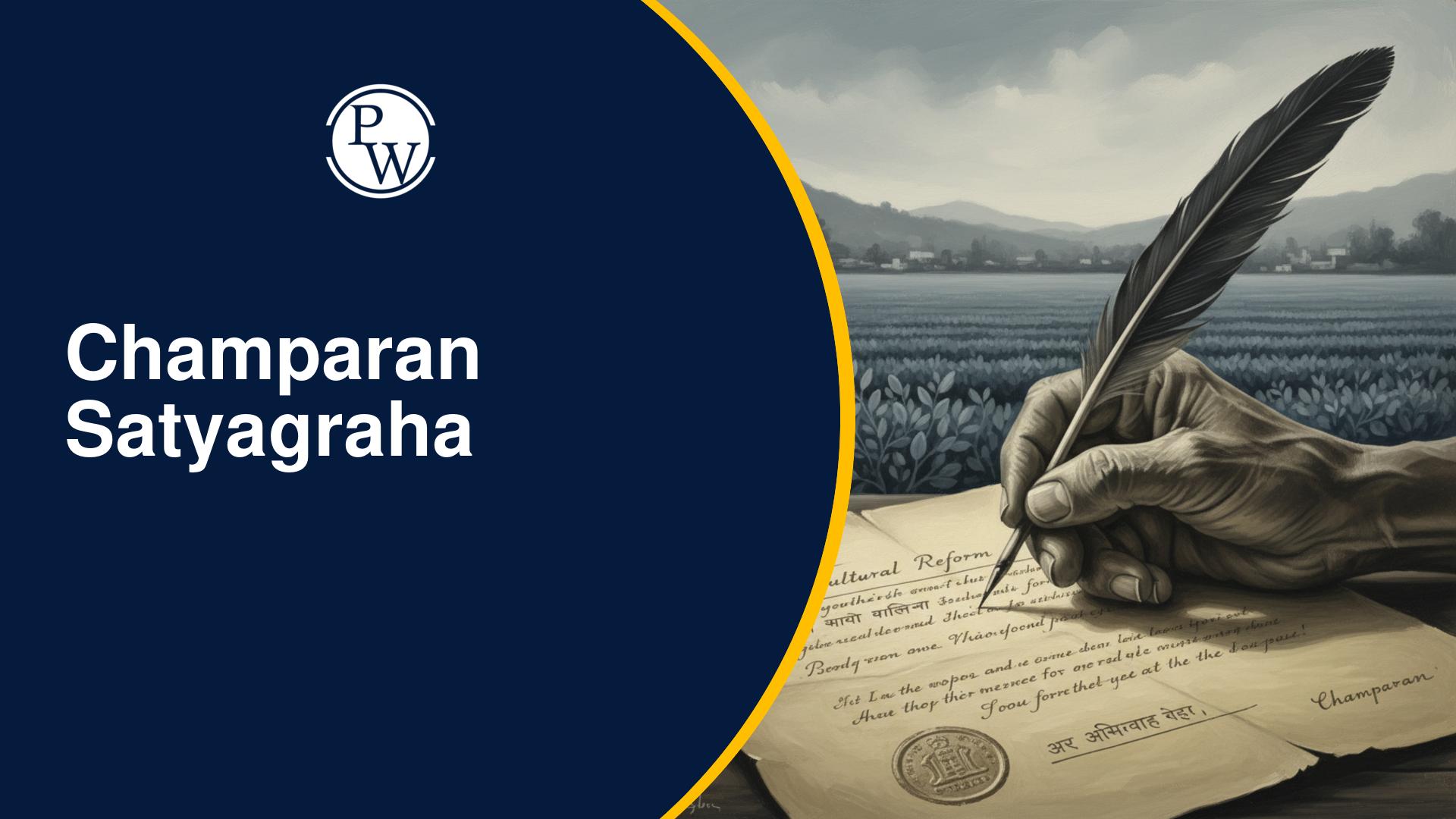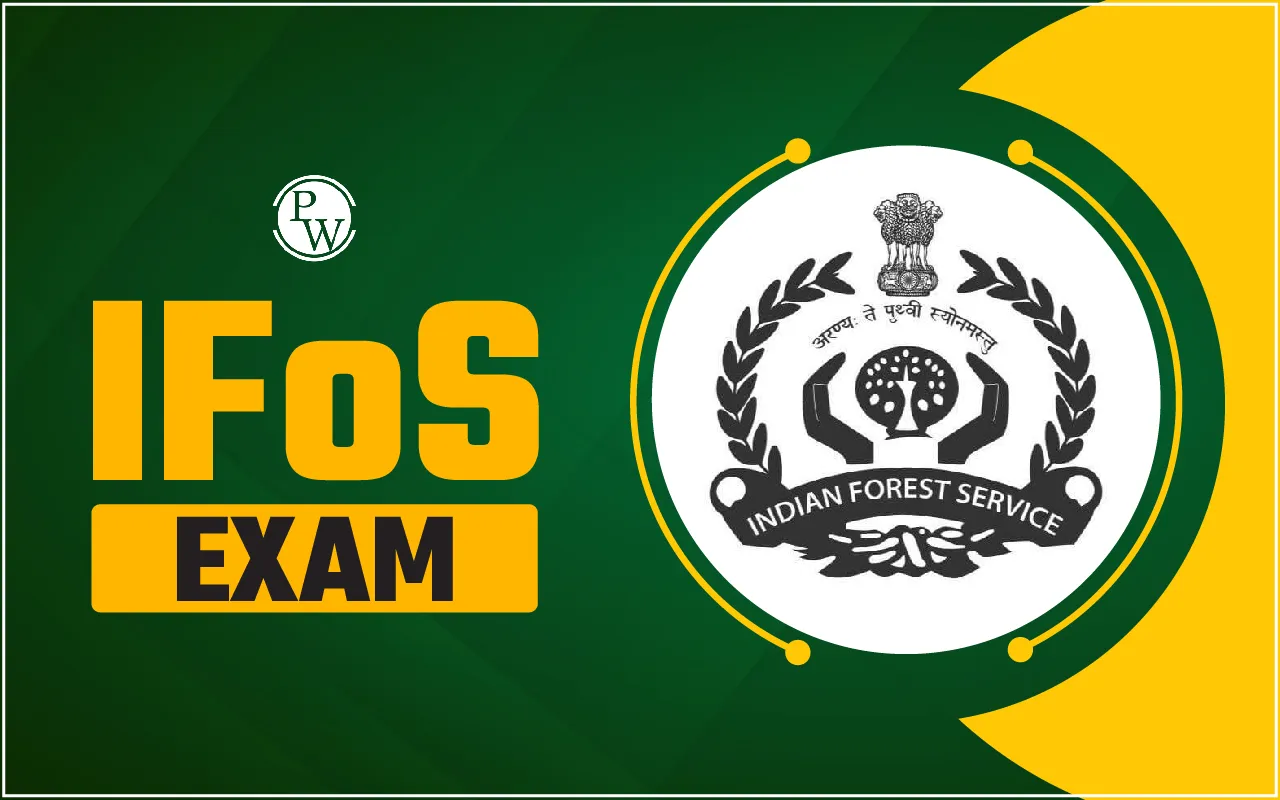
Practicing UPSC previous year question papers (PYQs) is essential for aspirants aiming to crack the Civil Services Examination, as they reveal exam patterns, question trends, and high-weightage topics across Prelims and Mains. These papers from the last 10 years help candidates gauge difficulty levels, improve time management, and identify recurring themes in General Studies, CSAT, and optional subjects. Regularly solving PYQs under timed conditions boosts accuracy, reduces exam anxiety, and allows self-assessment of strengths and weaknesses. Downloading these PDFs enables focused revision and bridges the gap between theoretical preparation and practical application. This resource is a proven strategy for top performers in UPSC CSE.
UPSC Previous Year Question Paper
UPSC PYQs provide insight into the structure and types of questions asked in both prelims and mains. PYQs serve as excellent revision tools, helping candidates reinforce their knowledge and assess their preparedness. Therefore, candidates must make it a habit to solve PYQs as part of their daily study routine. After attempting UPSC PYQs, analyze your answers to identify strengths and weaknesses and note down frequently asked subjects and themes. Here is UPSC PYQ Paper that will guide your preparation for the UPSC 2025 exam:Last 10 Years UPSC Question Papers with Answers PDF
Over the years, it has been observed that prelims have emerged as one of the most challenging processes. Going through the last 10 years UPSC PYQ papers for prelims is recommended to catch the recurring themes that can not be ignored for upcoming exams. The table below has a direct link for UPSC prelims GS I and CSAT question papers for the upcoming exam:UPSC PYQ Paper PDF 2025
Download UPSC Prelims 2025 PYQs from here:
| UPSC Question Papers 2025 | |
| Stag | Question Paper Link |
| Prelims Question Papers | General Studies |
| CSAT | |
UPSC PYQ Paper PDF 2024
Here is a link to download UPSC Prelims and Mains PYQ PDFs:
| UPSC Question Papers 2024 | |
| Stage | Question Paper Link |
| Prelims Question Papers | General Studies |
| CSAT | |
| Mains Question Papers | Essay |
| General Studies I | |
| General Studies II | |
| General Studies III | |
| General Studies IV | |
UPSC PYQ Paper PDF 2023
Here is a link to download UPSC Prelims and Mains PYQ PDFs:
| UPSC Question Papers 2023 | |
| Stage | Question Papers |
| Prelims Question Papers | General Studies |
| CSAT | |
| Mains Question Papers | Essay |
| General Studies I | |
| General Studies II | |
| General Studies III | |
| General Studies IV | |
UPSC PYQ Paper PDF 2022
Here is a link to download UPSC Prelims and Mains PYQ PDFs:
| UPSC Question Papers 2022 | |
| Stage | Question Papers |
| Prelims Question Papers | General Studies |
| CSAT | |
| Mains Question Papers | Essay |
| General Studies I | |
| General Studies II | |
| General Studies III | |
| General Studies IV | |
UPSC PYQ Paper 2021 PDF Link
Here is a link to download UPSC Prelims and Mains PYQ PDFs:
| UPSC Question Papers 2021 | |
| Stage | Question Papers |
| Prelims Question Papers | General Studies |
| CSAT | |
| Mains Question Papers | Essay |
| General Studies I | |
| General Studies II | |
| General Studies III | |
| General Studies IV | |
UPSC PYQ Paper PDF 2020 Links
Here is a link to download UPSC Prelims and Mains PYQ PDFs:
| UPSC Question Papers 2020 | |
| Stage | Question Papers |
| Prelims Question Papers | General Studies |
| CSAT | |
| Mains Question Papers | Essay |
| General Studies I | |
| General Studies II | |
| General Studies III | |
| General Studies IV | |
UPSC Mains PYQ Papers (2024-2013)
Analysing the UPSC PYQ papers from 2013 to 2024 can be highly beneficial for answer writing practice. Candidates should download the previous question paper for UPSC Mains and analyse them. Click on the below link to access the Essay and General Studies previous question paper PDFs.
| UPSC Mains PYQ Papers (2024 - 2013) | ||
| Year | Essay | GS Papers |
| 2024 | Download PDF | Download PDF |
| 2023 | Download PDF | Download PDF |
| 2022 | Download PDF | Download PDF |
| 2021 | Download PDF | Download PDF |
| 2020 | Download PDF | Download PDF |
| 2019 | Download PDF | Download PDF |
| 2018 | Download PDF | Download PDF |
| 2017 | Download PDF | Download PDF |
| 2016 | Download PDF | Download PDF |
| 2015 | Download PDF | Download PDF |
| 2014 | Download PDF | Download PDF |
| 2013 | Download PDF | Download PDF |
Subject-wise UPSC Previous Year Question Paper
While every subject is equally important, certain subjects require special focus. This is where subject-wise UPSC Previous Year Question Papers can be helpful. At Physics Wallah, candidates can access the subject wise question papers for prelims and mains prepared by experts.
UPSC Prelims Question Papers Subject Wise
In UPSC Prelims, subjects like History, Geography, Polity, and Environment are asked. Candidates can unlock the previous questions asked in each subject of the UPSC Prelims syllabus by clicking on the links below:| Subject Wise UPSC Prelims PYQs with Solution (2013-2024) | |
| Subject | Link |
| Ancient & Medieval History | Download PDF |
| Environment and Ecology | Download PDF |
| Modern History | Download PDF |
| Geography | Download PDF |
| Art and Culture | Download PDF |
| Indian Economy | Download PDF |
| Polity | Download PDF |
| Science & Technology | Download PDF |
UPSC Mains Subject-wise Previous Year Papers
In UPSC Mains the four General Studies papers can be further divided into multiple subjects. Analyzing the UPSC Mains Subject-wise previous year papers is an ideal way to prepare for each GS paper. Check the below table for subject-wise question papers of UPSC Mains:| UPSC Mains Previous Year Papers Subject-wise PDFs | ||
| Paper | Subject | PDF Link |
| GS I | Modern History | Click Here |
| Art and Culture | Click Here | |
| Medieval History | Click Here | |
| World History | Click Here | |
| Post-Independence India | Click Here | |
| Indian Society | Click Here | |
| Geography | Click Here | |
| GS II | Indian Polity | Click Here |
| Governance | Click Here | |
| International Relations | Click Here | |
| Social Justice | Click Here | |
| GS III | Indian Economy | Click Here |
| Environment | Click Here | |
| Disaster Management | Click Here | |
| Internal Security | Click Here | |
| Science & Technology | Click Here | |
| GS IV | Ethics (Section A) | Click Here |
| Ethics (Section B) | Click Here | |
Why Solve UPSC PYQ Paper?
The previous years' UPSC question papers are beneficial for many reasons. Candidates should keep the printout of the UPSC Previous Year Question Paper PDFs at their study desk during preparation. The importance of the previous year's question papers of prelims and mains stages is given below:- Understanding Exam Pattern: The previous year's question papers help in comprehending the structure of the prelims and mains. This is a must for beginners to stay aligned with the UPSC exam pattern.
- Find Trends of Topics: The syllabus of UPSC is vast, which is why analyzing UPSC's previous year question papers will guide in identifying the trends of important topics of the syllabus.
- Comprehension of Questions: By multiple reading of the question papers, candidates will be able to comprehend the questions on the exam day, particularly for the CSAT paper.
- Evaluate Learning: For better results, candidates should solve subject-wise question papers of UPSC soon after completion of the syllabus, which facilitates examining the progress.
- Practice for Exam: While the role of mock tests can not be ignored the UPSC question papers are the best way to start practicing for the exam with actual questions.
- Be Prepared for Difficulty: The UPSC exam is evolving year after year, this is why candidates should grasp the previous year questions to be prepared for the difficulty level.
- Learn Skills and Tricks: Candidates can learn crucial skills and tricks like decision making and time management by solving the UPSC previous year question paper for D’day.
Ready to boost your UPSC 2026 preparation? Join PW's UPSC online courses today!
| UPSC Related Articles | ||
| UPSC Prelims Analysis | NCERT for UPSC Exam 2025 | UPSC Prelims Most Repeated PYQs |
| UPSC Exam Pattern | UPSC Prelims Books | UPSC Result |
UPSC Previous Year Question Paper FAQs
Are the previous year's question papers enough for UPSC?
Are previous year's questions repeated in the UPSC Prelims?
How many years of question papers are enough for UPSC?
Why is it important to solve UPSC previous year's question papers?
How to analyze the previous year papers for the UPSC exam?

UPSC Coaching

